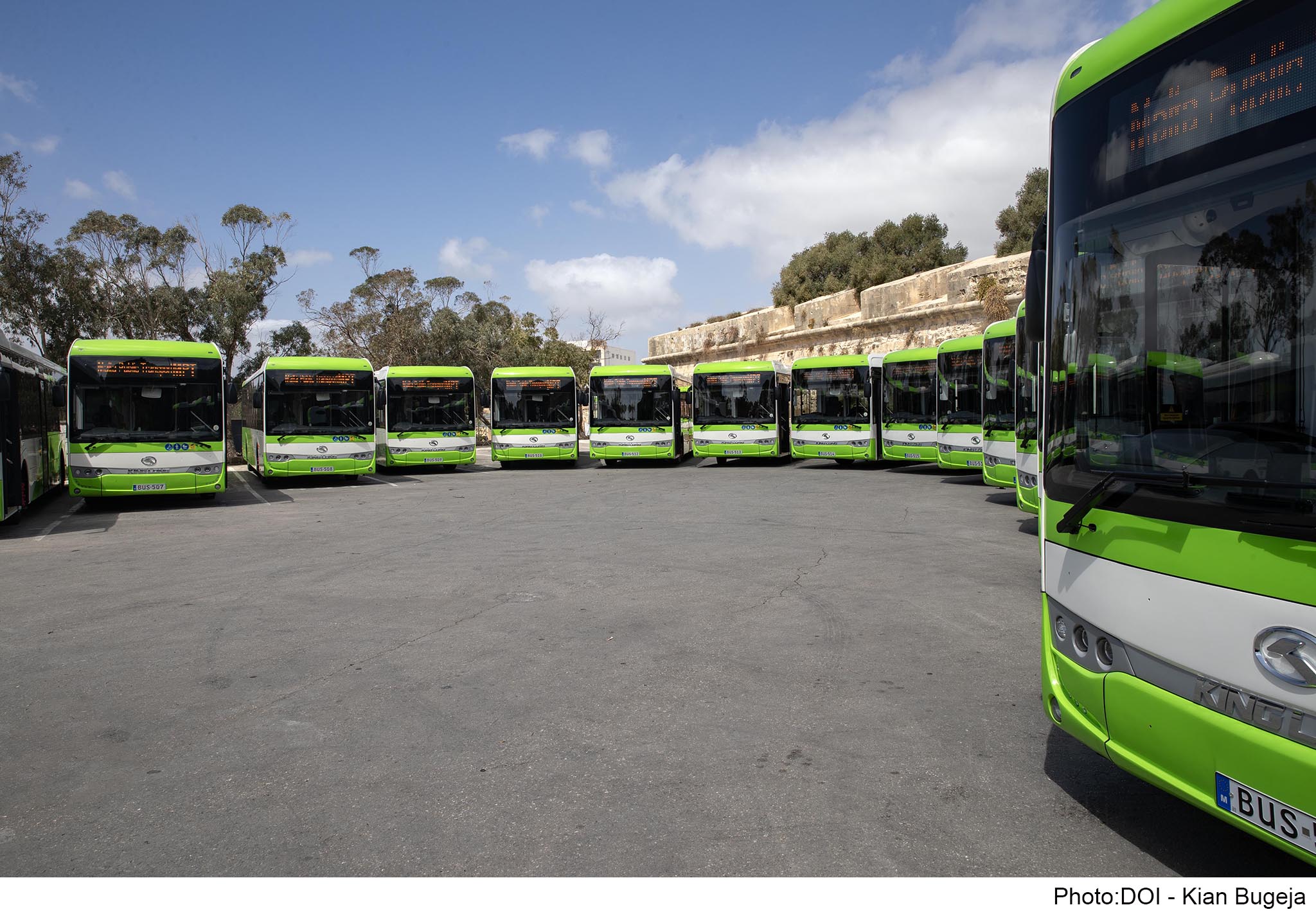The Government should not introduce legislation on the right to disconnect, said The Malta Chamber and the Malta Business Bureau (MBB) on Friday.
The organisations believe that national legislation on this issue is “neither necessary, nor time appropriate”.
The right to disconnect is a measure allowing workers to refrain from engaging in work-related tasks, activities, electronic communication or other forms of communication outside of working activities.
According to Friday’s announcement, the business lobbying groups believe that whilst the proliferation of remote working arrangements over the COVID pandemic has raised a number of challenges surrounding the blurring of work and private time, these should be mitigated through “clear guidance, educational campaigns, in-company policies, and training”.
Furthermore, the Chamber and the MBB reject “jumpstarting” a process to address this at European level.
MBB President, Simon De Cesare acknowledged that “if not well managed or if used excessively, digital tools can impact workers’ wellbeing, leading to stress”, but said that this is not just a work-related issue, and is equally applicable to private life.
Therefore, he argues, “rather than creating legal obligations, it would be better to create a space for dialogue where employers and workers, together with their representatives, find flexible solutions relevant for their workplace based on collaboration and mutual trust”.
On the part of the Malta Chamber, its President Perit David Xuereb, argues that existing legislation, such as the Working Time Directive, “already sets out the rules on working and rest time and protects the health and safety of workers”.
The Chamber and the MBB state that, considering the European Social Partners Framework Agreement on Digitisation includes arrangements for connecting and disconnecting, and the Framework Agreement provides for social partners to implement the agreement within three years, a legislative proposal before the end of that implementation period would disregard the role of these partners.
Concluding, the organisations say: “In the spirit of the above-mentioned European Parliament resolution, and in view of the proactive stance by the Maltese social partners, the Malta Chamber and MBB call on Government to refrain from introducing national legislation on the Right to Disconnect.
“It should rather encourage social partner dialogue to address new challenges and opportunities at the workplace and provide direct support to companies through more dedicated schemes to take up digital tools and provide safe equipment applicable for remote working”.
Proposals for Malta to launch national legislation before the EU passes its own directive on the issue have already been received with vehement rejection in some quarters, with the Malta Employers Association commenting, “it should be obvious that these matters cannot be approached impulsively”.
Unpacking Malta’s new American-style bankruptcy framework
The EU is reforming its insolvency rules to adopt some of the most beneficial elements of the US framework
More than half of all workplace deaths in last two years involved construction
No women died on the job in 2022 and 2023
Government shells out close to €70 million to national bus operator Malta Public Transport in 2023
Buses became free for residents in late 2022, leading to a hefty increase in the public subsidy






